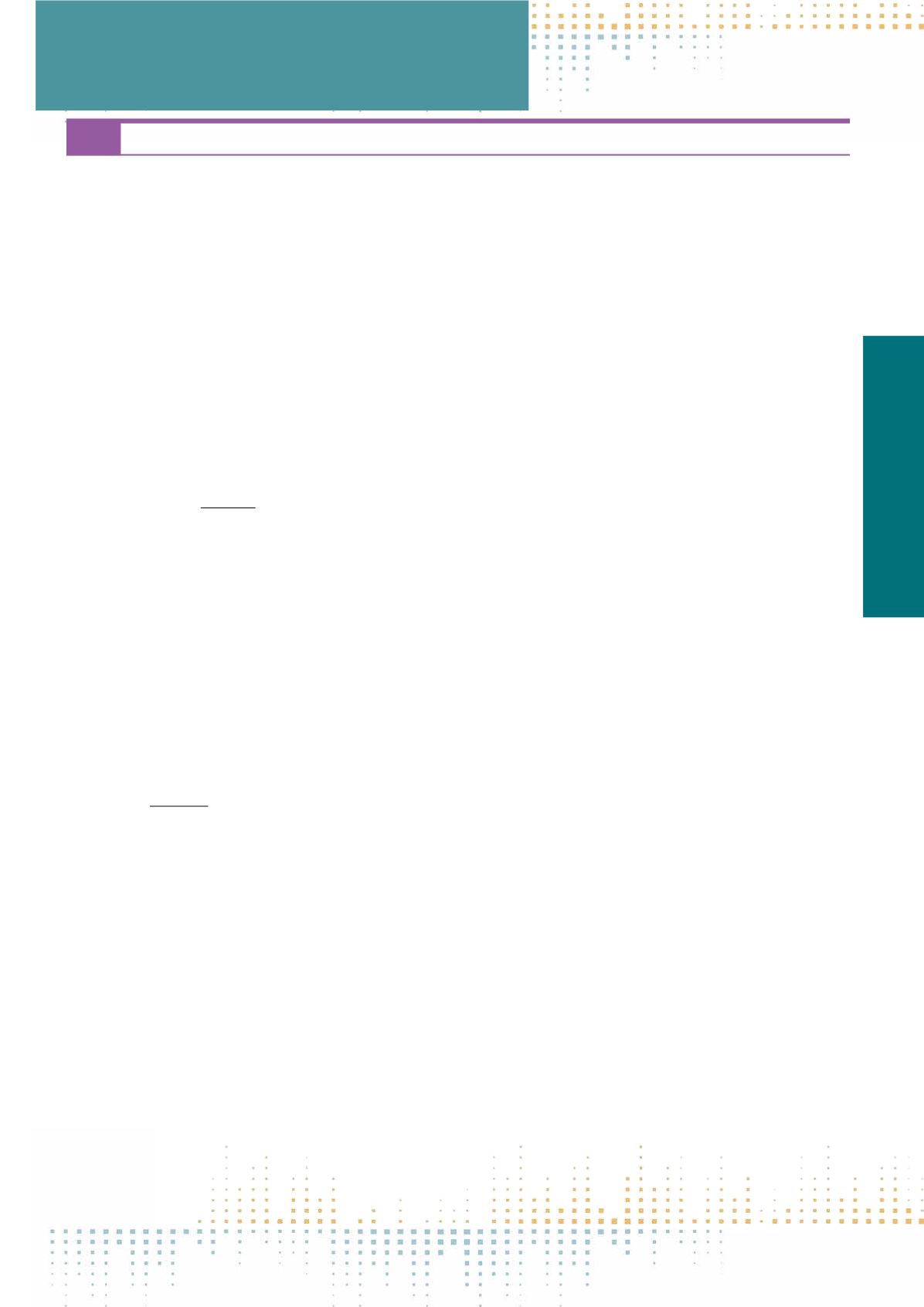

603
Saturday, November 12
1 1 : 0 0 – 1 2 : 3 0
ADR01
Current Issues of Advertising Research I
G. Zurstiege
1
1
University of Tübingen, Tübingen, Germany
In this panel we want to explore current contributions within the field of advertising research. The aim is to shed some light on their respective thematic
scope and methodological basis. The different presentations cover a wide spectrum of theoretical and methodological approaches and thus give a good
overview over different topics and trends within the field of advertising research. The presentations of this panel will show how advertising research can
be related to other research fields and how advertising expands to other areas in society such as business, ecology, entertainment and ethical questions.
Starting with Guido Zurstiege’s and Uta Müller’s presentation, ethical challenges of advertising in a digital media world will be discussed. In their presen‑
tation Guido Zurstiege and Uta Müller will present the results of a qualitative study investigating how advertising practitioners claim responsibility. Nuria
Barahona will continue with presenting a typology of advertising award shows. In her presentation she will reflect about the awards given to creative
advertising and how creativity can be measured. Markus Feiks and Aleksandra Prica will, then, focus in their presentation on the discourse on‘programmatic
advertising’.This discourse, they will show, is wrapped in narratives and advertised through speech acts that have traits in common with prophetic discours‑
es.The self-confident rhetoric concerning„programmatic advertising“ simultaneously reveals a struggle with the uncertainty of future knowledge and with
the question of how to establish confidence in an event that has not yet happened. In her presentation Ana Duarte will discuss how consumers and society
have appropriated advertising discourses. Such practices subvert advertising capital to re-orient advertising messages in what has been conventionally
called subvertising as a part of participatory culture. In her presentation on„Advertising beyond Consumption“ Sara Balonas, stresses the importance of rec‑
ognizing advertising as an actor with real potential in the citizenship.The presentations will help us to reflect about the relation of advertising and society.
PN 313
Between Strategy and Tactics. How Advertising Practitioners Take Ethical Responsibility in Moralized Markets
U. Müller
1
, G. Zurstiege
2
1
University of Tübingen, International Centre for Ethics in the Sciences and Humanities IZEW, Tübingen, Germany
2
University of Tübingen, Institute for Media Studies Empirical Media Research, Tübingen, Germany
Advertising affects our lives. Therefore, we should care about the professional ethics of those who affect advertising. In Advertising ethical problems have
significantly increased over the past 30 years. Among other factors digitalization plays an important role. Privacy issues, of course, are prevalent given
the fact that digital media facilitate what the business models of advertising-funded media have always aspired to, namely, the most accurate identification
of the feelings, compassions, secret wishes, desires, thematic preferences, mental maps and real addresses of the consumer. Due to what has been coined
“participatory surveillance”(M. Poster) advertisers, too, are constantly monitored by hypercritical audiences. Thus, the moralization of markets increasingly
presents a challenge to advertisers. Has the discussion about ethical problems in advertising gained relevance in the past 30 years, especially in the wake
of digitalization and media change? How much ethical self- restraint do advertising practitioners have, and how do they take ethical responsibility? In our
paper we will try to give answers to these questions by presenting the results of 30 qualitative interviews with advertising practitioners in businesses, media
companies, and advertising agencies. These interviews show that the different practitioners in the field of advertising take responsibility in different forms
varying between a more strategic, long term, strongly internalized approach on the one hand and a more tactical, short term, from case to case approach
on the other hand.
PN 314
Proposal of a Typology of Advertising Award Shows
N. Barahona
1
1
CESAG- Pontificia Comillas University, Madrid, Spain
Advertising award shows are very important for the advertising industry, especially for agencies and creative departments. Advertising awards are said to
provide a leading measure of creativity for advertising campaigns. In spite of that, a review of the literature reveals that little research has been conducted
to deepen our understanding of their logics and logistics.This research aims to shed some light on these issues by studying and comparing 60 local, regional,
and international advertising award shows that took place in 2013. The investigation focuses on the following points: Organiser of the show, mission, geo‑
graphic limits, number of editions, entries, registered delegates and registration systems, speciality of the awards, themes and categories and the criteria
behind them, fees, jury, decision criteria followed by the judges, awards, participation of students and young agency workers in creativity, as well as talks,
guests and other events in the shows. Out of the comparison of all these spheres, this study will provide a typology of shows which may be of use for both
academic analysis and professional practice.
TWG – Advertising Research
(ADR01–ADR02)



















